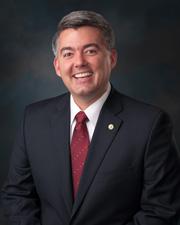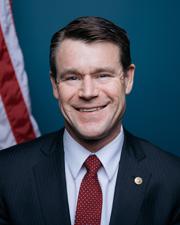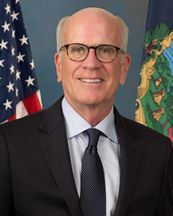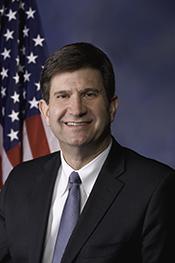0
Energy Savings Through Public-Private Partnerships Act of 2014
3/14/2024, 12:48 PM
Congressional Summary of HR 2689
Energy Savings Through Public-Private Partnerships Act of 2014 - Amends the National Energy Conservation Policy Act (NECPA) to revise requirements for energy savings performance contracts. (These contracts allow federal agencies to work with private contractors on energy efficiency upgrades to federal facilities.)
Directs each federal facility energy manager to provide an explanation regarding life cycle cost-effective measures that have not been implemented as part of the web-based compliance certification system. (Life cycle costs are the total cost of owning, operating, and maintaining a building over its useful life.)
Requires the Department of Energy (DOE) to report to the President and Congress on each agency's energy savings performance contracts and utility energy service contracts, including their investment value and their energy savings.
Expands the kinds of energy conservation measures that may be implemented under the contracts by including those involving energy consuming devices and required support structures.
Prohibits agencies from limiting recognition of operation and maintenance savings associated with energy systems that were modernized or replaced with energy conservation measures and water conservation measures (e.g. lower energy and water bills thanks to energy efficiency and conservation measures).
Authorizes agencies to sell or transfer energy savings and apply the proceeds to fund a contract.
Expands the meaning of energy savings to include: (1) the use, sale, or transfer of energy incentives, rebates, or credits (including renewable energy credits) from federal, state, or local governments or utilities; and (2) any revenue generated from a reduction in energy or water use, more efficient waste recycling, or additional energy generated from more efficient equipment.





